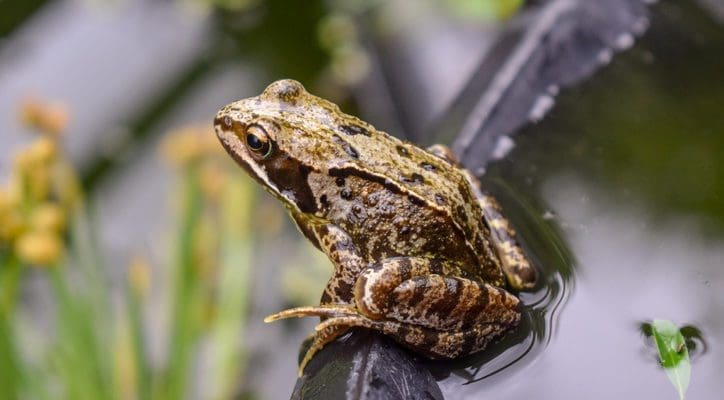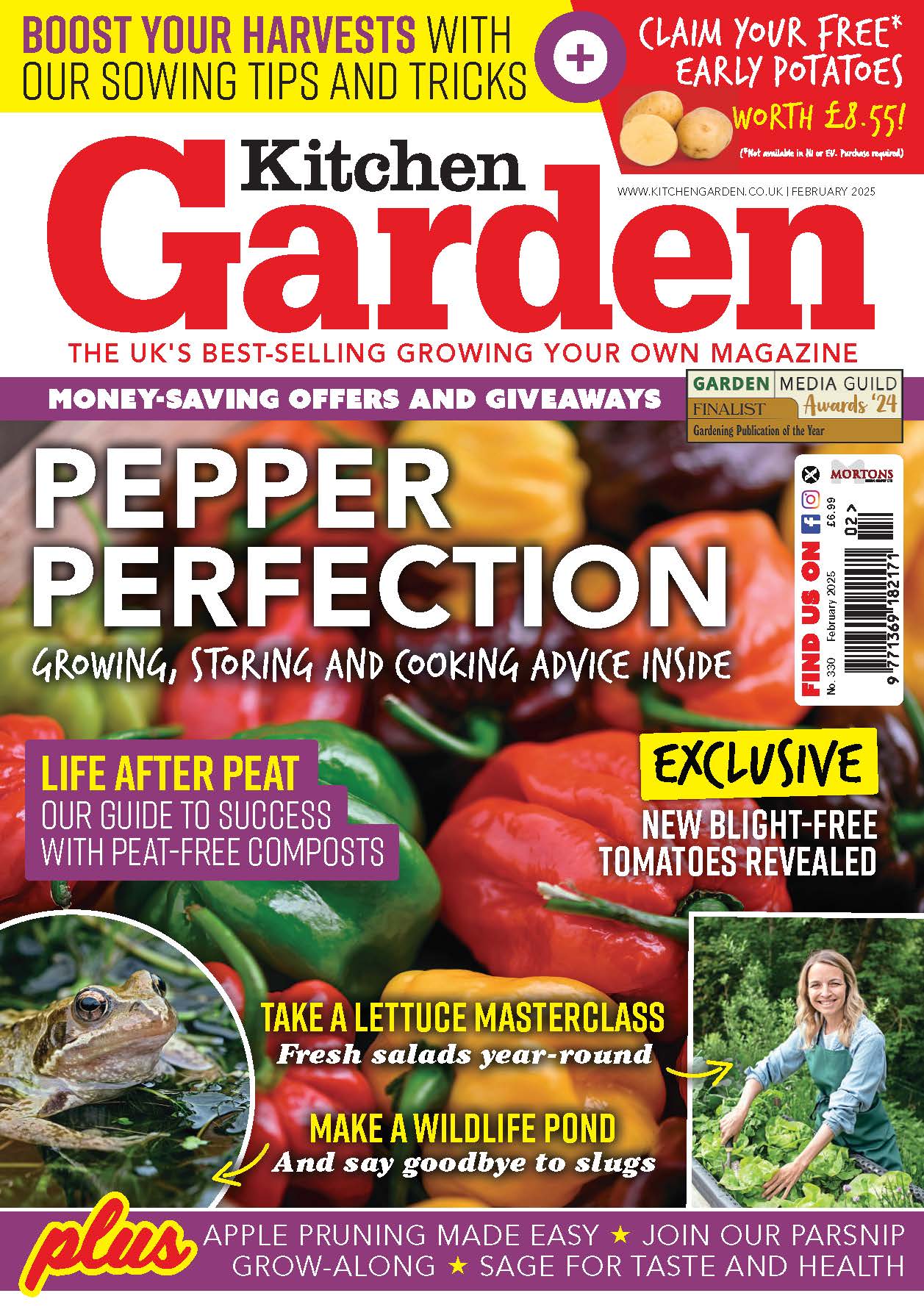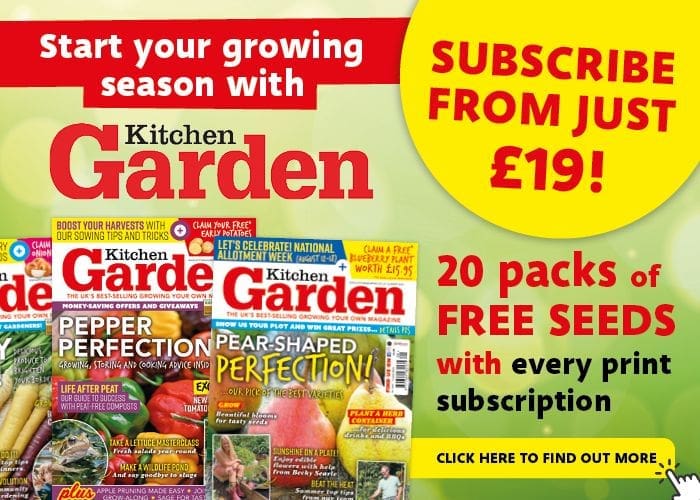– Loss of habitat is threatening British wildlife, but your garden can be a welcome home
– Our gardens make up 30% of open green space in England, making them a vital place for supporting wildlife.
– Over half of critically endangered house sparrows and starlings breed in human-occupied spaces
– Roughly 92% of bees are solitary and need places to nest
One of the UK’s leading new home developers, Cala Homes created the ‘Take a Walk on the Wild Side’ initiative in partnership with animal wildlife charity, Scottish SPCA, to encourage residents to learn more about supporting local wildlife. Welcome them into your garden by creating micro-habitats for all sorts of species to thrive.
Bring native birds back from the brink
Nine of the UK’s birds are now classified as threatened with global extinction, with house sparrows and starlings in critical decline .
As the name suggests, house sparrows are known for nesting in these human-occupied spaces. This is also true for other birds like starlings and blackbirds.
So that means you, and your garden, can help.
– Plant wildlife-friendly vegetation such as trees and hedges, as they offer roosting and nesting sites for birds.
– Consider installing a bird nesting box in a safe space in your garden.
– Encourage birds to visit your garden by setting up bird feeders and keeping them regularly topped up.
Help solo bees in search of a home
Not all bees live in hives. In fact, most of them don’t. Just 8% of bees are ‘social’ – the rest are solitary, building their own nests.
– Building bee hotels is a great way to help solitary bees find a safe place to rest.
– Make your bee hotel from a plant pot, stones and enough hollow canes to fit inside to create lots of little bee rooms.
With hotter weather comes thirsty wildlife
Whether they’ve made your garden their home, or are just passing through, all wildlife needs good hydration – particularly in the summer. So set up a few watering holes to help keep them healthy.
– Bees can drink their body weight in water every day , so create a bee bath to give them a safe place to quench their thirst. This should consist of a shallow dish filled with pebbles, stones, and water.
– If you’ve got a bird bath, make sure it’s no more than two inches deep – this is the right height to allow smaller and larger birds to make good use of it.
Ponds are a brilliant habitat for amphibians and serve as a great place for bats to drink from.
Save the bees all year round
Unlike their fellow pollinators, wasps, bees do not die in winter. Just like us, they simply stay home a lot more during the colder months! Here’s how to plant a garden that helps them all year round.
– Don’t solely focus on plants that bloom in summer. Try and provide pollen and nectar for as many months of the year as possible.
– Supply them with a range of food. Pollen-rich plants that you can incorporate into your garden include cornflower (Centaurea cyanus), foxglove (Digitalis purpurea), sunflower (Helianthus annuus), dahlia (Dahlia) shrubby honeysuckle (Lonicera x purpusii) and winter flowering crocus (Crocus).
Teaching your kids, the importance of sustaining the world’s ecosystems is vital to preventing species from going extinct.
Cala Homes have also created a free downloadable activity pack with some fun projects to help encourage your kids to get involved.
Garden projects will encourage your kids to spend time playing outside and can allow children to develop self-confidence, self-esteem, and independence.
Scottish SPCA chief superintendent, Mike Flynn, offers more information to make your garden safer for all sorts of local species this summer:
“We hope our tips will give people lots of inspiration on how to make their garden a haven for wildlife this summer. We’d also like to remind the public that simply tidying away any football and badminton netting, fishing equipment, paddling pools and securing hot tubs could be the difference between life and death for some of Scotland’s wildlife.”
“Our animal rescue officers regularly attend incidents of fledglings stuck in paddling pools or hot tubs and hedgehogs and fox cubs stuck in football netting.”
“Please enjoy the summer months, but please also be vigilant so that visiting wildlife can too.”
“If anyone finds an animal in distress, they should call our animal helpline on 03000 999 999.”





